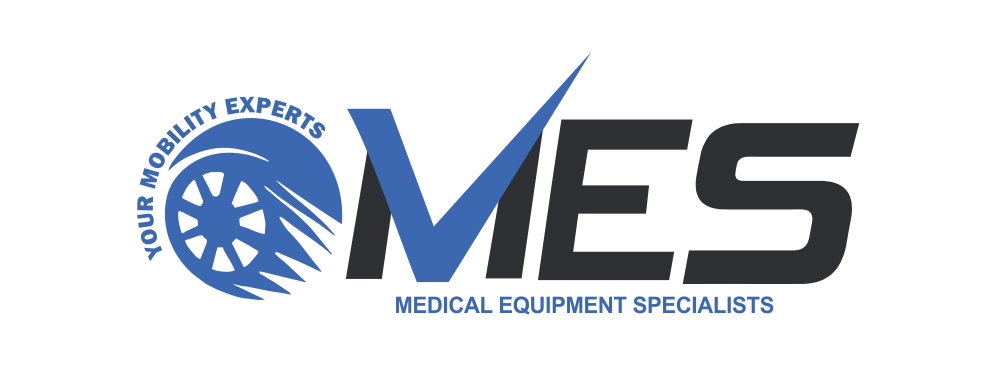- Stroke with Hemiplegia – Paralysis or weakness on one side of the body affecting mobility and balance
- Spinal cord injuries
- Rheumatoid Arthritis
- Traumatic Brain Injuries (TBI)
- ALS (Lou Gehrig's Disease)
- Guillain-Barré Syndrome
- Muscular dystrophy
- Multiple sclerosis
- Degenerative disk disease, post-spinal fusion, and laminectomy
- Parkinsons
How Tilt and Recline Help Prevent Pressure Injuries - Part 3
Posted by Michael Russo, BS, RRT, CEAC, ATP - Home Medical Equipment Expert on
For people who can’t move on their own, sitting in the same position for too long can cause painful pressure injuries. One of the best ways to protect their skin is by using a power wheelchair with tilt and recline features.
What Is Tilt?
Tilt means the whole seat tilts backward while keeping the hips and knees at the same angle. This shifts the pressure away from the bottom and redistributes it across the back and head. It’s great for:
- Relieving pressure on the tailbone
- Improving posture
- Helping with head control
What Is Recline?
Recline changes the back angle of the chair, allowing the person to lean farther back. It opens the hip angle, allowing the person to stretch or rest. It’s invaluable for:
- Helping with diaper changes or catheter use
- People who need help with transfers
- Stretching tight muscles
When used together, tilt and recline can safely reduce pressure, allow for position changes, and improve daily comfort—especially for people with conditions like ALS, MS, spinal cord injuries, or after a stroke

How Often Should You Tilt or Recline?
Studies show that people at high risk for pressure injuries should tilt or recline every 30 minutes to 1 hour. A full tilt (30–45°) should be held for at least 1–2 minutes to allow the blood to return to the skin.
Who Qualifies for Tilt and Recline Power Chairs?
Medicare may cover a Complex Power Wheelchair with tilt and recline if the person:
- Has a neurological or neuromuscular condition (like ALS, MS, CP, SCI)
- Is non-ambulatory and cannot shift weight independently
- Has a history or high risk of pressure injuries
- Is evaluated by a physical or occupational therapist and an ATP
- Unable to perform independent pressure reliefs during wheelchair use.
Common Diagnoses for Complex Power Wheelchairs
← Previous: Why Sitting Causes Skin Breakdown →
Next: The Role of Cushions and Backs in Skin Protection →
Need a tilt and recline system for a loved one or patient?
Call us at (772) 277-7746 or visit our Complex Power Wheelchairs page.

